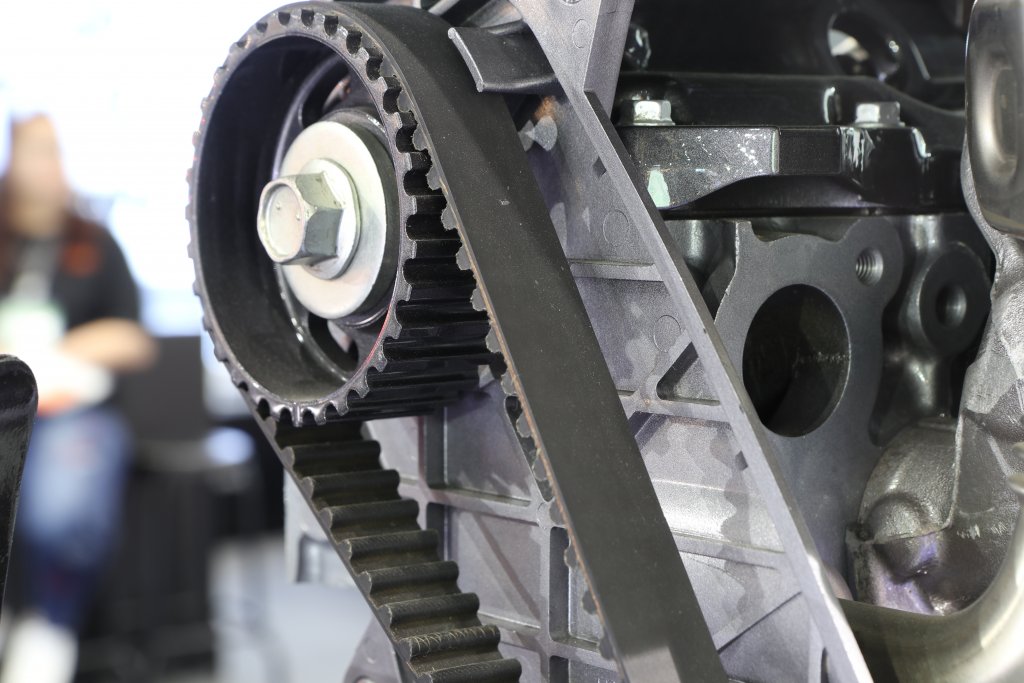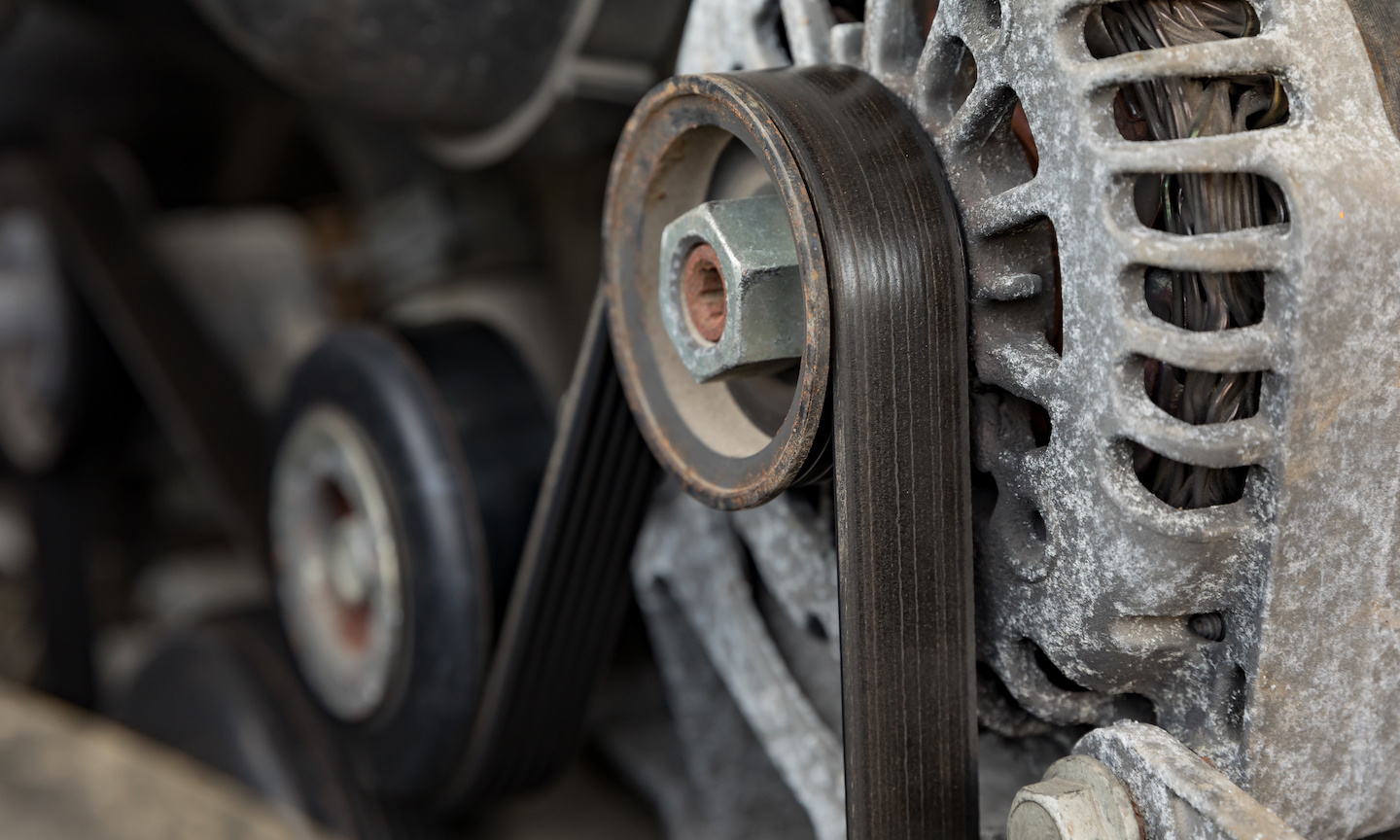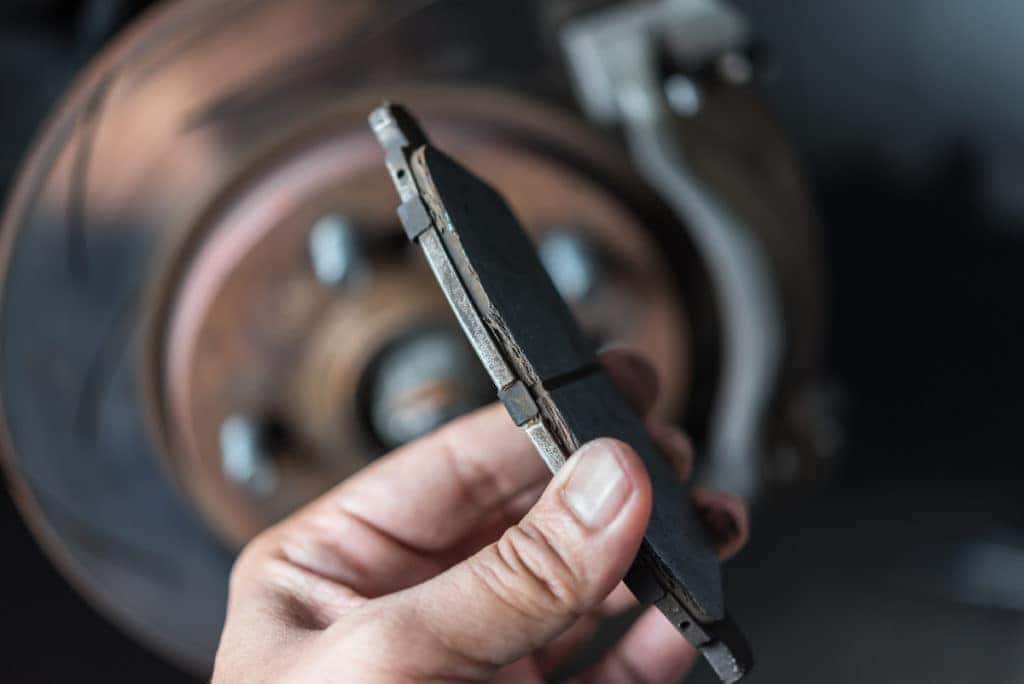When your car starts to squeak, it is really bothersome. One of your car’s most recognizable noises might be this one.
So, what’s the reason for the honda civic squeaking noise when driving?
The automated water conveyor is the most frequent cause of the belt tensioner cover squeaking in the starting. If the pulley’s bearings are beginning to degrade, the noise will be produced. They will ultimately seize. In addition, the water compressor will fail, overheating the engine.
Nevertheless, most of these problems are easily fixed. This article explains why the power steering is crackling as well as how to repair it.
Let’s get going!
Reasons Behind Squeaking Noise

Unusual squeaking and screeching sounds emanating from your automobile are often an indication that something is amiss. It will often be a simple, small issue. But it might also be an indication of something more severe that needs immediate attention.
The engine needs a number of belts in order to run. The timing belt is the most crucial of them. It synchronizes the crank with camshaft rotations to guarantee that valve opens and shut properly.
The timing belt, like other belts in your automobile, is prone to wear and tear. All manufacturers suggest replacing it.
The following are some of the most common causes of this:
The Pulley on a Failing Water Pump
The hydraulic power pulley is the most typical source of screaming or squeaking. As from the timing belt cover, it emerges. The pulley’s bearing will make noise.
As they are beginning to degrade. The centrifugal compressor will ultimately seize, which will result in the engine overheating.
Serpentine or V-Belt Sliding

Noise transmission from a slipping sinuous or V-belt is another prevalent reason. The sound is really coming from a belt sliding on a pulley. But it sounds like it’s originating from behind the belt tensioner cover in certain cases.
Belt Is too Tight
Your timing belt isn’t to blame for the squeaking or screaming. You may just have your serpentine or V-belt changed. It may have been set too tight, resulting in squeaking or screaming.
Pulley Misalignment
One of your other pulleys is misaligned. A screaming or squeaking noise may appear from under the timing belt cover. In most cases, this occurs after an erroneous belt replacement on an adjustable pulley.
How the Process Works

The serpentine belt is a grooved belt that synchronizes your engine (in time). It guarantees that throughout the operation. The camshaft but also the crankshaft are in sync.
And that the valve opens and shut at the correct timings with respect to piston movement. As a result, it is likely the most vital maintenance component of your vehicle. And it should be changed at the manufacturer’s suggested service interval.
To put it another way, the engine and valves in the engine occupy the same physical area. They obviously cannot do it at the very same moment. They would collide and inflict major harm.
Their motion is timed perfectly thanks to the timing belt. The valve timing is knocked off when the belt fails. The most typical result is a bent valve due to the hit with the cylinder.
But it may also damage the cylinder head or even the camshaft. It’s important to note that many manufacturers now use timing chains rather than timing belts. Metal chains have a far longer lifetime and should.
In most situations, endure the whole life of the engine. It’s also worth mentioning that timing belts don’t squeal. The toothed design prevents the belt from slipping like a helical or V-belt.
Something else must be causing the creaking sounds near the timing belt cover.
How Should I Handle a Squeaky Car?

Pay special attention to the location and timing of the sound. Does it occur, for instance, whenever you propel the vehicle or when the vehicle is idle?
Once you’ve determined when it occurs, describe the issue to a skilled technician.
These products may become handy for you:
Whatever the reason for the squeaking. It’s critical to take quick action as soon as you hear it. If they cause a breakdown, even seemingly little issues may escalate in severity.
The following is a list of typical squeak-related issues and solutions:
An Outdated Cambelt
A loose or known to wear cambelt is most likely to blame. It happens if your automobile squeaks when you depress the throttle. Your car’s cambelt, which regulates the speed of the combustion engine, is an essential component.
Asking a professional to look it over is worthwhile if you haven’t ever changed your cambelt. As well as your vehicle is several years old. Other costly repairs might result from a damaged cambelt.
An Unmaintained Steering System
You already guessed it. There’s probably a problem with your car’s steering system if it squeaks as you round a curve. If your power steering fluid is low, a short top-up should eliminate the squeaks.
Use your dipstick to check the amount of power steering fluid still in your vehicle. If it’s low, go to your neighborhood Halfords to pick up some more fluid. If it doesn’t work, you could have corroded power steering fluid or worn-out ball joints.
You’ll need a technician to drain and refill it for you in order to do this. An expert will indeed be able to recognize the issue and solve it. Even if the steering gear just needs a little additional lubricant.
Defective Brake Pads

If the squeaking sound only occurs when you apply the brakes, you may have a bad brake caliper. Nowadays, brake pads are made to sound audible when they are worn to the stage of replacement. So pay attention to them.
If you don’t, your car’s braking discs may be broken. This will cost far more to repair than purchasing new brake pads. Debris, such a tiny stone, lodged between the plate and disc may also cause squeaking.
After a little trip, this could finally come out on its own. In any other case, you may need to get the stone removed by a mechanic.
Unreliable Alternator
The alternator drives all of your car’s electrical components. It is including the headlights and windshield wipers and keeps your battery charged. An alternator normally lasts for seven years.
The alternator in your automobile may be malfunctioning if you notice a squeaky sound coming from the engine. A burning odor and just a warning light on your dashboard are other indications that your alternator is deteriorating.
Your Tires Have an Issue
Under-inflated tires or uneven tread wear may also cause a car to shriek. It should be resolved with a quick trip to the garage. Or, if you’ve owned your current set for more than ten years.
Simply said, it may be time to get a new set of tires.
Bare in mind that maintaining your tires is mandated by law. You should periodically inspect your tires for indications of deterioration since the minimum. The permitted tread depth is 1.6mm.
There Is a Suspension Issue
A serious issue might be indicated by a squeaking sound coming from your car’s suspension. The suspension system dampens the vibrations caused by potholes, bumps, and other road imperfections. Although it usually offers a smooth ride.
The screeching sound might be an indication of damage to the shock absorbers or springs. Get a skilled technician to have a look if possible.
FAQs
Is Driving With a Screaming Belt Safe?
You may be able to operate a vehicle whereas the belt is shrieking for a few days. But ultimately it will need to be changed, and the sooner it is fixed for safety reasons, the better. It’s advised that the sinuous belt be changed as soon as the first signs of screaming are identified.
How Much Does It Cost to Replace a Serpentine Belt?
A common serpentine belt costs no more than $75 and starts at around $25. If you have a fundamental grasp of car maintenance, you could change the belt yourself. It might save you about $75 to $120 in labor costs. The total cost to replace the serpentine belt is estimated to be between $100 and $195.
When Should I Change the Drive Belt on My Honda Civic?
Manufacturers of belts often advise replacing them after 90,000 miles. The belt has to be frequently inspected for wear and damage prior to this significant mileage. You also should check belt slippage, audible squealing, and obvious belt deterioration.
Is it safe to ignore the squeaking noise if my Honda Civic drives normally?
Ignoring a squeaking noise is not advisable, as it might indicate a potential issue that could worsen over time. It’s crucial to identify the cause and address it promptly to prevent further damage and ensure your safety while driving.
Can I apply lubricant to silence the squeaking noise temporarily?
While lubricants might temporarily reduce squeaking, they are not a permanent solution. Additionally, applying lubricants without proper diagnosis can mask the underlying problem. It’s best to have the vehicle inspected by a mechanic to identify the cause and implement a lasting solution.
Final Words
Thus, you are knowledgeable now about honda civic squeaking noise when driving.
Whenever you face this problem, do not delay. No matter how tempting, it’s never a smart idea to ignore something and hope it goes away. Get it fixed instead as quickly as you can.
Have a great ride and have safe driving with your Honda Civic!
Read also: Why Does My Honda Civic Idle Up and Down?
- Ford Fusion Hybrid Battery Dead (Things to Understand) - September 17, 2022
- EcoBoost Noise When Accelerating (problems+Solutions) - September 17, 2022
- Ford Fusion Power Seat Problems (Here The Solutions) - September 17, 2022
